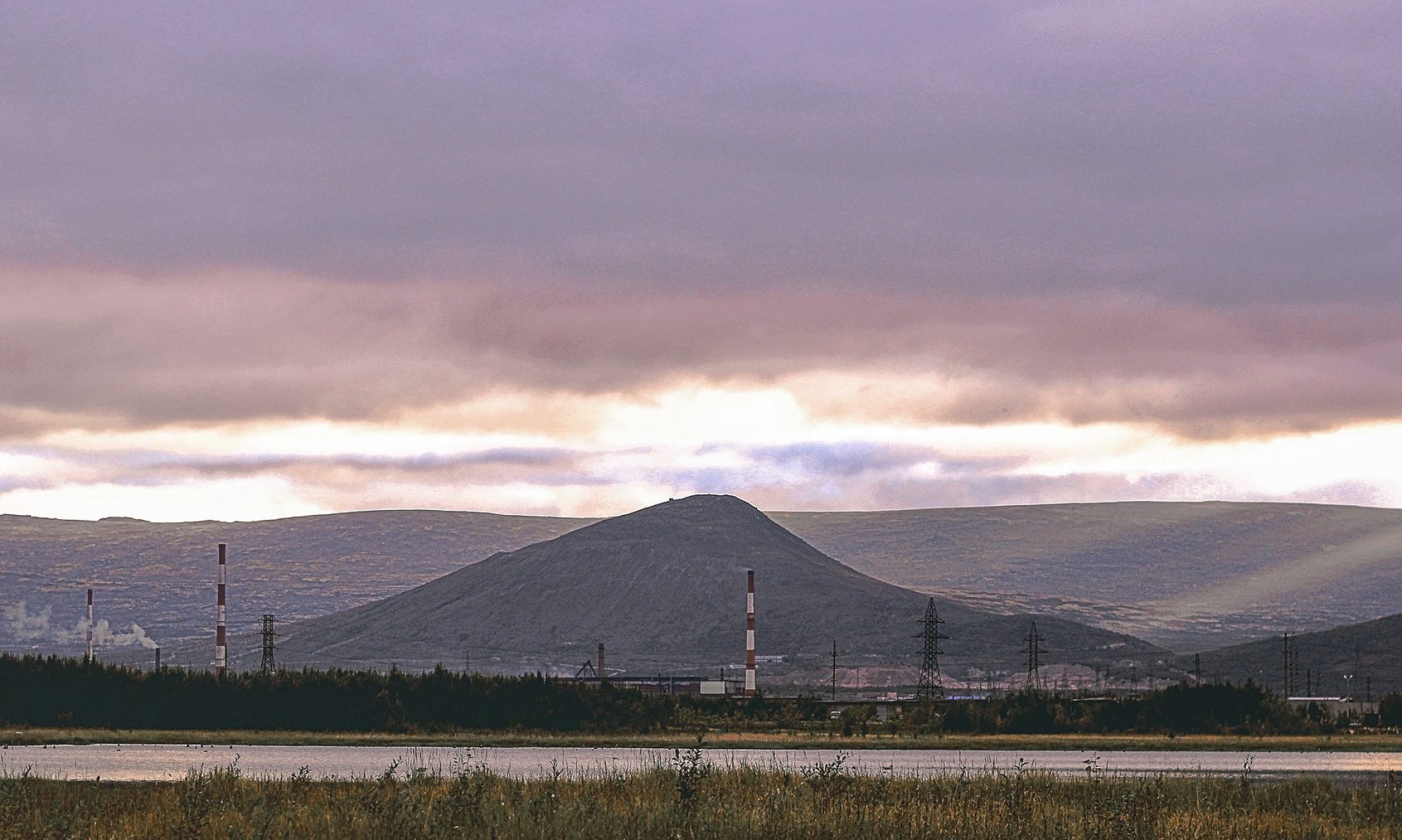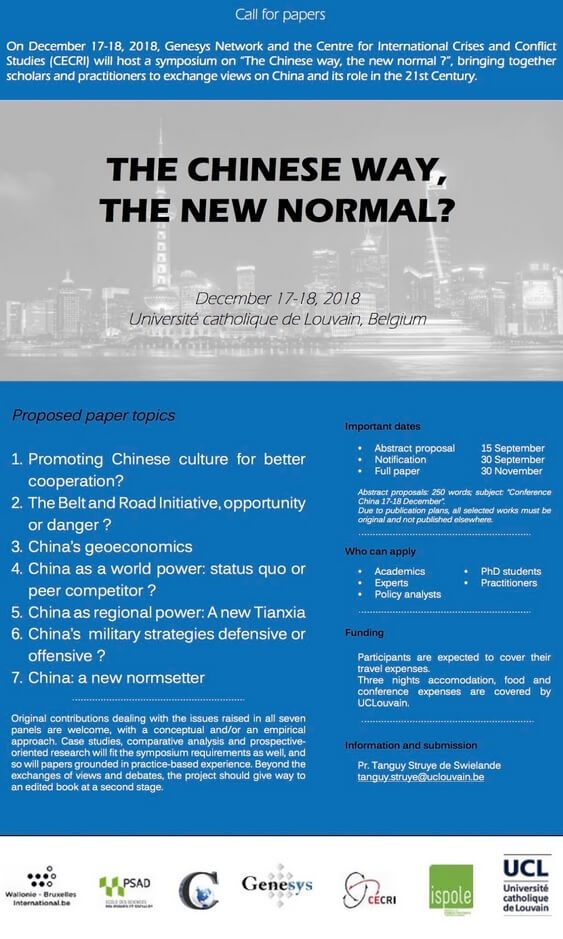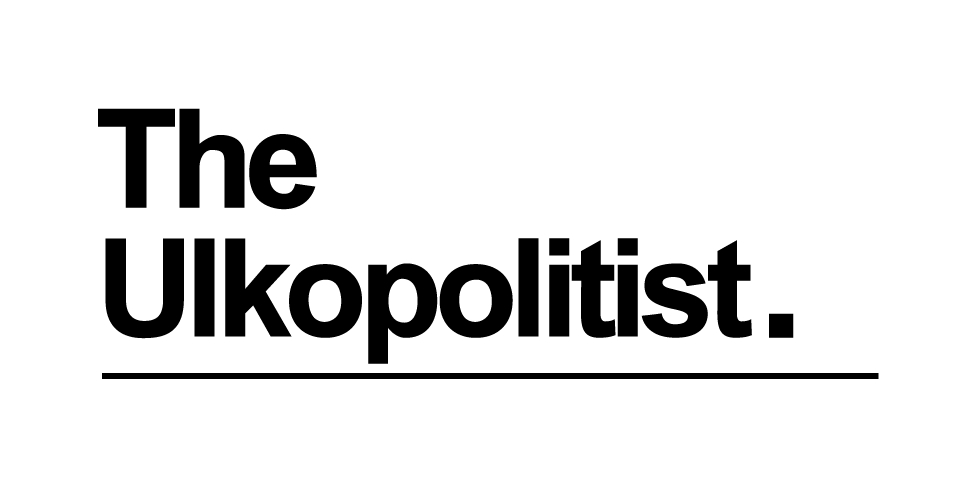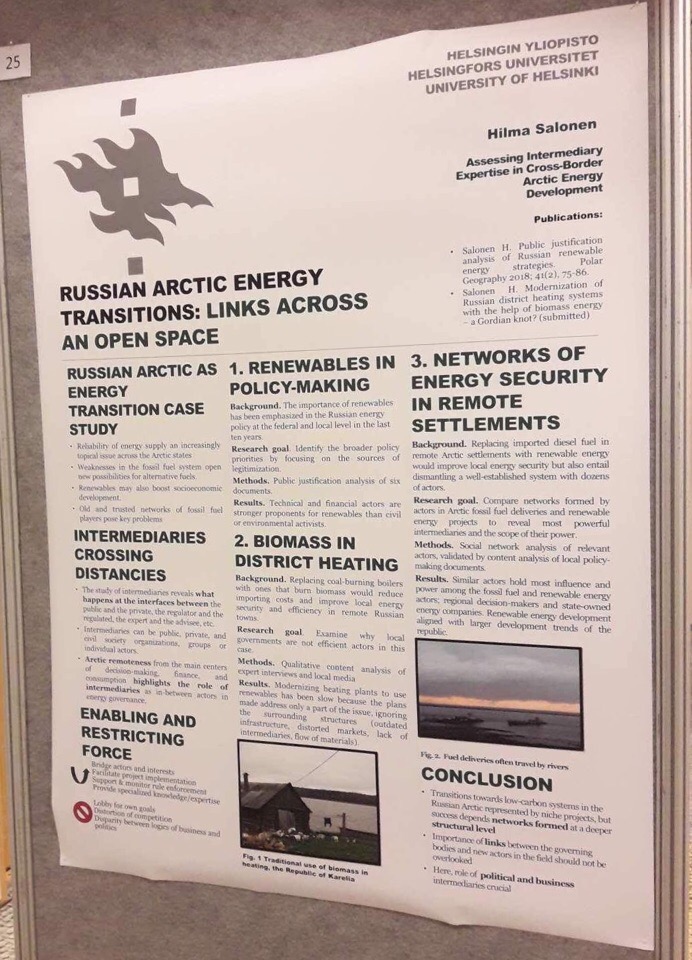Our group’s publication year has officially started. The first article released this year is ““Barely surviving on a pile of gold”: Arguing for the case of peat energy in 2010s Finland” by postdoctoral researcher Hanna Lempinen. The article is already available online and will be published in print in May’s volume of Energy Policy journal.
While the share of peat in Finland’s energy mix today amounts to only around 4%, peat recurrently returns to the center stage in Finnish energy-related public debates. As an indigenous energy resource, peat is a welcome addition to the energy mix of the heavily energy-dependent country. In addition, the employment impacts of peat production are considered significant. These benefits are, however, contradicted by the environmental impacts and climate emissions caused by peat energy. The conflicting interests revolving around peat have resulted in constantly shifting national peat policies as well as infrequent “explosions” of public and political debates on peat production. This article explores two of the most recent politicizations of peat through an empirical focus on the short-lived promotion campaigns that sparked widespread public debate: the 2010 “2 prosenttia” [2%] internet campaign from the state-majority-owned energy company VAPO and the 2017 “Turveinfo” [peat info] campaign launched by The Bioenergy Association of Finland. Through an analysis of the colorful and provocative promotion campaigns, this article (1) explores the arguments and rhetoric through which political support of peat is being acquired from the Finnish public and (2) examines what crises in the 2010s Finland peat is constructed as the (only) logical answer for.
Our research group wishes everybody Merry Christmas and a Happy New Year and hopes that a lot of quality research will be done this year.





